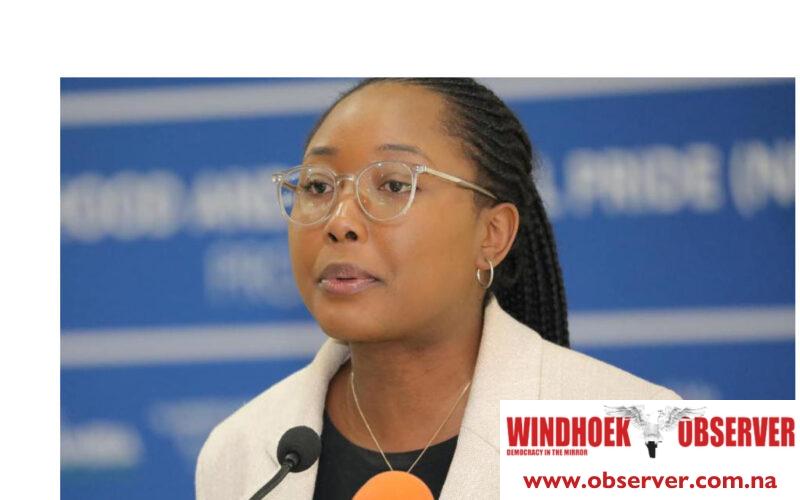Niël Terblanché
The Namibian Cabinet announced a series of urgent measures to secure water supply for the Central Areas of Namibia (CAN) before July 2025 in a desperate move to address the impending crisis
The announcement by the Minister of Information Communication and Technology, Emma Theofelus, follows a high-level Cabinet Decision-making meeting held in February, where the dire forecast of water availability in the region was a primary focus.
The Central Areas of Namibia, encompassing Windhoek and its surrounding regions, are facing severe water shortages due to a combination of climatic factors and infrastructural inefficiencies.
The Minister in a statement revealed that current water sources and reservoirs are projected to sustain the area for only a short while longer, with a crucial savings target of five percent being imperative to reaching the July 2025 threshold.
In response to this looming crisis, the Cabinet has directed NamWater, the national water utility, to undertake immediate rehabilitation and maintenance of the existing water distribution systems to alleviate inefficiencies.
This directive is part of a broader strategy to mitigate the risk of a water shortfall that could severely impact the nation’s heartland.
Stressing the gravity of the situation, Theofelus pointed out that despite the implementation of several ongoing projects aimed at augmenting the water supply in the short to medium term, there is an urgent need for a sustainable long-term solution.
Projects such as the second direct portable reclamation plant and upgrades to various wastewater treatment facilities, including Gammams and Otjomuise, are underway but may not suffice to avert a crisis without additional measures.
To this end, the Cabinet has approved the fast-tracking of these projects alongside the exploration of long-term solutions, notably the Okavango link and desalination initiatives.
A feasibility study for a northern desalination plant, funded by an African Development Bank grant, is set to commence, alongside investigations into the potential of sourcing potable water from southern dams via pipelines.
The approval of funding for the long-term water supply solution from the Okavango River, capable of delivering 32 cubic meters of water, signifies a pivotal step towards securing the region’s water future.
The Cabinet has mandated the water ministry to engage with the Permanent Okavango River Basin Water Commission (OKACOM) regarding the development of the Okavango link project, underscoring Namibia’s proactive stance on addressing its water security challenges.
This suite of measures represents a comprehensive approach to tackling the water supply issues facing the Central Areas of Namibia.
The minister said that by prioritizing both immediate and future needs, the Namibian government is taking decisive action to ensure that its citizens and the environment are safeguarded against the adverse effects of water scarcity.




